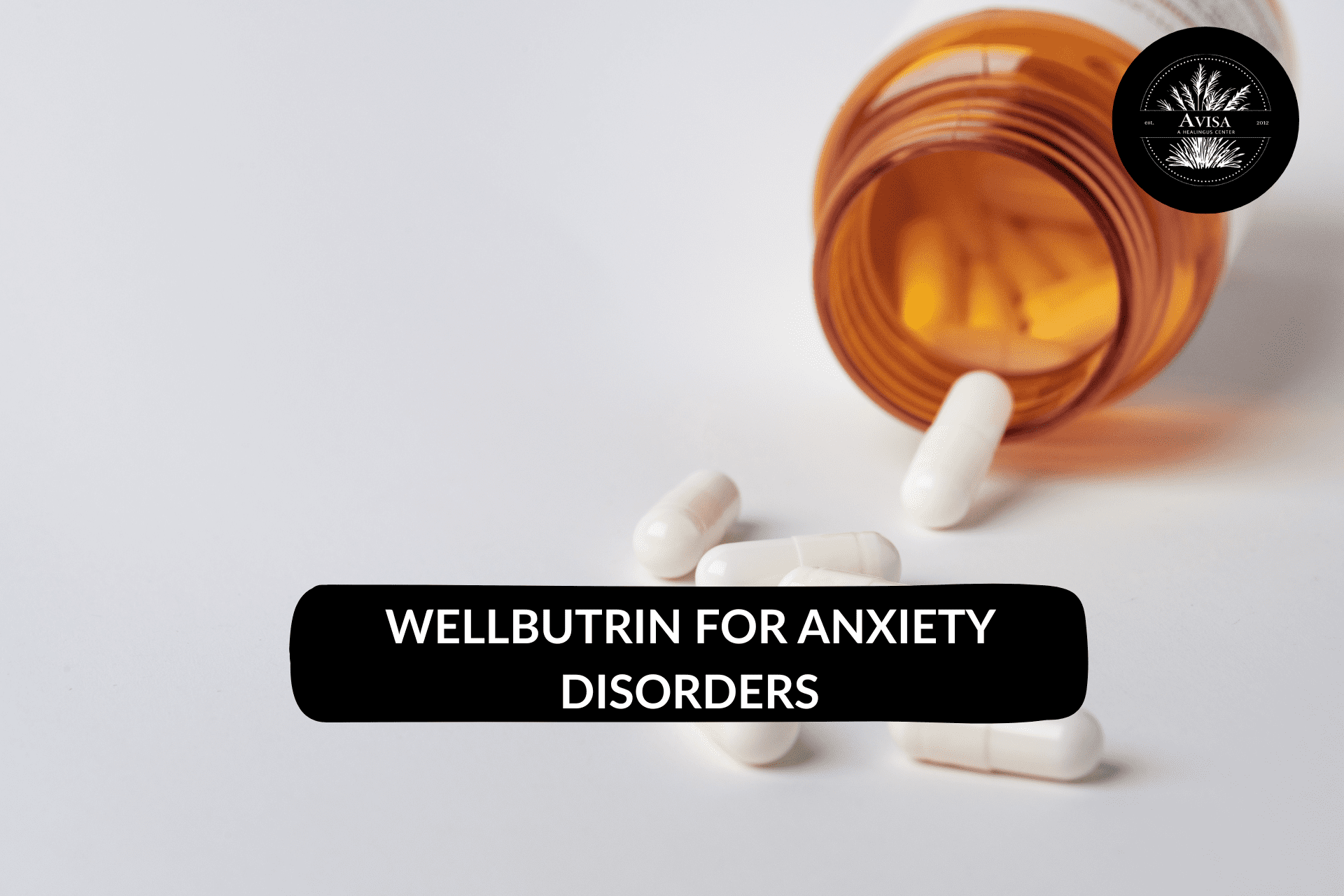If you have clicked on this blog, you must be wondering ‘Is codeine addictive?’. The world of medical science has made a lot of developments. Today, there is a cure for almost every disease and ailment. One such cure for pain, sleeplessness, and cough is a medicine called codeine. However, the most common question related to codeine is: is codeine addictive?
Research conducted in 2022 by the National Survey on Drug Use and Health confirmed that a total of 19.8 million people started the use of codeine from the age of 12. Out of this, 1.8 million people have misused codeine as a recreational means. Another study suggests that 4.7% to 67% of the student population in the United States abuse medicines to attain recreational intoxication.
In such circumstances, one might have many questions like: is codeine addictive? How is codeine addictive? Is codeine addictive compared to other drugs? Is codeine addictive if the use is short-term?
In this blog, we will discuss each of these questions in detail.
What is codeine?
In the world of painkillers and pain suppressants, codeine is one of the most popular and commonly prescribed opioids. Derived from the opium poppy plant, codeine belongs to the family which is a class of opiate narcotic prescription medicines. The fact that the class of opiates also includes other highly addictive drugs such as Hydrocodone, Vicodin, Demorol heroine, and OxyContin, makes codeine a controversial drug.
Codeine helps treat mild and moderate levels of pain, cough, problems related to the digestive system like diarrhea, and sometimes even sleeplessness. Codeine is a drug that is prescribed by certified medical professionals because it’s addictive and habit-forming.
However, the burning question is: is codeine addictive? To understand the answer to this question, we must understand what codeine abuse is first. The next section will discuss the factors that amount to codeine abuse.
What is codeine abuse?
Codeine abuse is the practice of using codeine for recreational purposes. It is to be noted that codeine abuse is different from codeine addiction. Regular abuse of codeine may lead to codeine addiction. It is no secret that when a person has codeine addiction, they crave the use of codeine without giving much thought to its consequences. Codeine abuse is the first step towards codeine and other types of drug addictions.
When an individual starts abusing codeine for a recreational ‘high’, they might develop a tolerance to codeine. Codeine tolerance means that an individual will require high doses of the drug for them to be effective. This is potentially dangerous and fatal as it can lead to codeine overdose.
People who abuse codeine find it impossible to handle their personal and professional lives. Codeine abuse not only has side effects, but it also comes with nasty withdrawal symptoms when the use of codeine is stopped.
Unfortunately, people who abuse codeine and use it as a means of recreation come up with creative ways to abuse this drug. Some people mix this drug with alcohol while some make a ‘codeine cocktail’ and add sweeteners before consuming it.
This is a problematic behavior that paves the way to not only codeine addiction but addiction to other drugs as well. This is because people with addictions are always chasing a ‘recreational high’ and replicating the intoxication with other means.
How is codeine addictive?
Codeine is a drug that doctors may prescribe for pain, coughing, and sleeplessness. Short-term use of codeine under the close supervision of a doctor is generally safe. However, the drug can lead to dependence and addiction. In some cases, people may experience withdrawal symptoms when they stop taking it.
Codeine is a type of drug that belongs to a family of opioid narcotics. It is used as a painkiller and as a treatment for cough and sleeplessness. This drug is available in 2 forms, i.e., liquid and tablet forms.
A short and simple answer to the question ‘Is codeine addictive’ is yes. People who take codeine are vulnerable to addictions like several other opioids. Therefore, codeine is no exception to other opioids that are highly addictive.
In simple terms, codeine addiction is caused by a feeling of intoxication and pleasure that can be felt after taking this medicine. Individuals might want to indulge in problematic behavior to reach a state of intoxication. Additionally, some users of codeine also keep using this medicine to avoid the withdrawal symptoms that they might feel after ceasing the use of codeine.
Why is codeine addictive and what are the causes of codeine addiction?
Codeine is highly addictive because it affects the central nervous system (CNS). When an individual ingests codeine, this drug facilitates the reward-releasing hormones of the brain. This gives a feeling of intoxication, euphoria, and pleasure in the brain. An individual, after using codeine recreationally, tries to replicate this feeling of intoxication, euphoria, and pleasure as much as they can. As a result, an individual starts craving codeine which eventually leads to an addiction.
Having said that, codeine is not addictive as long as the individual strictly adheres to the advice of the medical professional in terms of dosage and frequency of taking this drug. Use of codeine becomes problematic when bonafide use of this drug turns into codeine abuse by exceeding either the recommended frequency or dosage or both.
Now that we have discussed ‘why is codeine addictive?’, it is important to dwell on the causes of codeine addiction.
Just like any other addiction, codeine addiction is a result of several factors that contribute to that specific addiction. The following factors can be attributed to the causes of codeine addiction:
1. Genetic Factors
It is no secret that any type of addiction and substance use disorders are dependent on genetic factors in combination with various other factors. Similarly, codeine is no exception. If a parent or any other first-degree relative of an individual is suffering from an addiction or a substance use disorder, chances are there that that particular individual might develop an addiction as well.
2. Biological Factors
Some individuals are born without the neurological receptors in the brain. This is a type of inborn deficiency. In such circumstances, once codeine interacts with the brain, an individual lacking the biological neurotransmitters in the brain might be tempted to correct this deficiency by using and abusing codeine to feel normal.
3. Environmental Factors
Human behavior is such that we tend to start replicating the behaviors of those around us. Therefore, individuals who are born and raised in a family where the members suffer from substance abuse disorders or families in which members are addicts may develop addictions later in life.
4. Psychological Factors
The human brain is complex. Sometimes, individuals suffer from various types of mental illnesses that are not diagnosed. These mental illnesses may cause several unpleasant symptoms. When they take codeine they feel relief from those unpleasant symptoms. In their pursuit of getting relief from unpleasant symptoms, they sometimes fall into the downward spiral of codeine and various other addictions.
Is codeine addictive if the use is short-term?
Codeine is generally prescribed by a certified medical professional as a treatment for cough, pain, diarrhea, and sometimes sleeplessness. Codeine works by affecting the central nervous system (CNS). Codeine attaches to the neurotransmitters of the brain and modifies the pain signals.
As a result, dopamine activity is increased in the brain and there is an unnatural release of dopamine levels. This leads to a feeling of intoxication or a ‘high’.
If you are wondering ‘Is codeine addictive?’ then the answer is a definite yes. However, if this drug is used for the short term, then it will not cause addiction as the drug will not be able to make many changes to the neurotransmitters or the dopamine levels of the brain if the use is strictly for the short term.
Is codeine addictive if used on a prescription?
Due to its addictive nature, high doses of codeine are strictly available by providing a valid prescription only. This is because, a certified medical professional will be able to assess an individual’s vitals, history of substance abuse and addictions, and the requirement of the frequency and dosage of the drug.
A certified medical professional will administer codeine only after assessing these factors. Therefore, if you were wondering ‘Is codeine addictive if used on a prescription?’, then the answer is no. However, the use of codeine must strictly adhere to the prescription and the dosage and frequency of the drug as prescribed by the doctor.
FAQs
1. Is codeine addictive?
The short answer to the burning question: ‘is codeine addictive?’, is yes. Codeine is highly addictive because it stimulates a feeling of being intoxicated, pleasure, and a high. It is a stimulant for the central nervous system. As a result, many individuals want to come back to this drug for these feelings. Additionally, since codeine has withdrawal symptoms, individuals do not want to stop using this drug.
2. For which age groups is codeine prescribed for the most?
As codeine is addictive, it is only prescribed in patients who are above 12 years of age. This drug is prescribed for pains with moderate to high intensity. This drug is especially helpful in cases where painkillers of less potency such as paracetamol and ibuprofen are not effective in alleviating the pain. Having said that, doctors prefer to administer codeine at the lowest dose.
3. How long can codeine be detected in the system?
Codeine when taken orally, gets absorbed in the digestive system through the blood and can be detected in an individual’s saliva for 36 hours since taking the dose. Additionally, it can be detected for 3-4 days by a urine test and for 90 days with the samples of an individual’s hair.
4. When does codeine start its effect?
Codeine is mostly prescribed in tablet form. Doctors begin administering codeine only if less potent painkillers like paracetamol and ibuprofen are not effective. Since codeine is administered orally, its effects can be seen after 30 to 45 minutes of taking the dose. This is because the chemical composition of codeine gets absorbed by the digestive system. However, the peak effect of codeine is seen after 1 to 2 hours of first taking the pill. The lifespan of codeine typically lasts for 4 hours.
5. What is codeine used for?
Broadly speaking, codeine is a part of a family of medicines commonly known as opiates. This drug is effective in treating pain; albeit, it is a powerful painkiller. Codeine is only administered in special circumstances to treat extreme pain, for example, pains after an operation, surgery, or an injury. It is also used by doctors when other painkillers with less potency like paracetamol, ibuprofen, and aspirin are not effective in relieving the patient from pain.
Conclusion
Codeine addiction is an alarming issue that needs awareness among teenagers and adults worldwide. Like any other addiction, codeine addiction also becomes harder to quit with prolonged use. Short-term use of codeine does not lead to addiction. Long-term use can lead to codeine dependency and addiction along with nasty and unpleasant withdrawal symptoms upon quitting.
By now, we are confident that you found your answer to the question ‘Is codeine addictive?’. There are various factors on which an addiction or substance abuse disorder depends. Therefore, it is crucial to stick to the advice of a healthcare professional when taking opioids like codeine. In cases where a person is suspected to be dependent or addicted to codeine, intervention from family and friends is crucial.
Various therapies can help an individual overcome codeine addiction like interpersonal therapy (IPT) and cognitive behavioral therapy (CBT). Some techniques like mindfulness and meditation can also help an individual manage the withdrawal symptoms that can be experienced after quitting the use of codeine.











